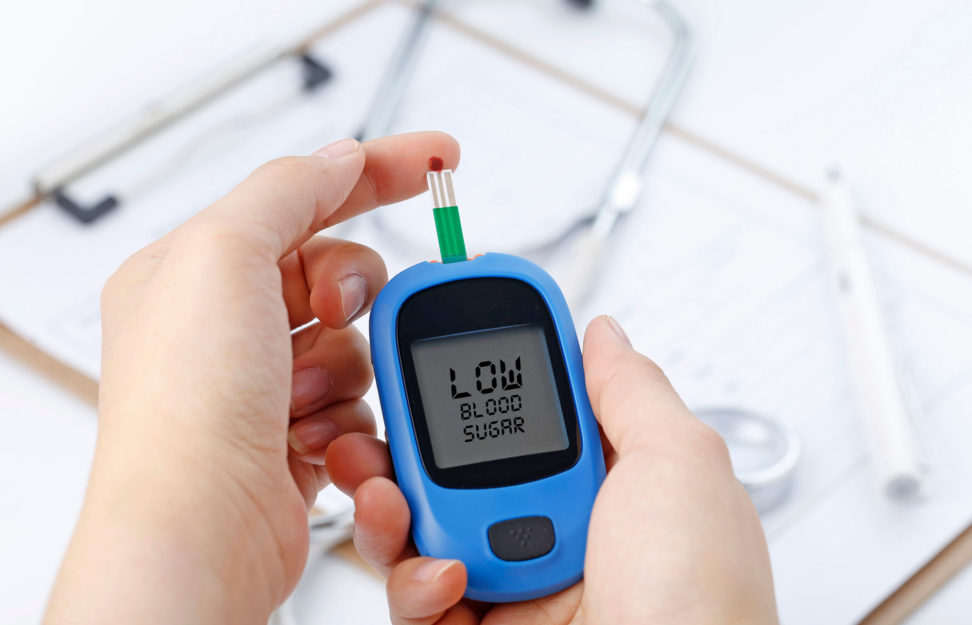A Comprehensive Guide to Effective Diabetes Management

Diabetes is a chronic health condition that affects millions of people worldwide. It is characterized by high levels of sugar (glucose) in the blood, which can lead to a number of serious health complications if left uncontrolled. Effective diabetes management is crucial for preventing these complications and maintaining overall health.
Understanding Diabetes
Diabetes is a condition in which the body is unable to properly produce or use insulin, a hormone that regulates blood sugar levels. There are two main types of diabetes: type 1 and type 2.
Type 1 diabetes is an autoimmune disease in which the body destroys the cells that produce insulin, resulting in a complete lack of insulin production. This type of diabetes is typically diagnosed in childhood or adolescence and requires daily insulin injections to regulate blood sugar levels.
Type 2 diabetes, on the other hand, is a condition in which the body is unable to effectively use insulin, resulting in high blood sugar levels. This type of diabetes is typically diagnosed in adulthood and is often associated with lifestyle factors such as poor diet and lack of physical activity.
Managing Diabetes: Lifestyle Changes
Lifestyle changes are a crucial component of effective diabetes management. Some key steps for managing diabetes include:
- Eating a healthy, balanced diet: A diet that is rich in whole grains, fruits, vegetables, and lean proteins can help regulate blood sugar levels and prevent spikes. It’s also important to limit high-fat, high-sugar, and processed foods, as well as sugary drinks.
- Engaging in physical activity: Regular exercise can help improve insulin sensitivity, lower blood sugar levels, and reduce the risk of heart disease and other health complications. Aim for at least 30 minutes of moderate physical activity each day.
- Maintaining a healthy weight: Being overweight or obese can increase the risk of developing type 2 diabetes and make it more difficult to manage the condition. Losing even a small amount of weight can help improve insulin sensitivity and lower blood sugar levels.
- Managing stress: Stress can cause blood sugar levels to rise, so it’s important to find ways to manage stress and maintain a healthy balance. This may include activities such as yoga, meditation, or deep breathing exercises.
Managing Diabetes: Medical Interventions
In addition to lifestyle changes, medical interventions may also be necessary for effective diabetes management. These may include:
- Medications: Depending on the type of diabetes and the individual’s specific needs, a variety of medications may be prescribed to help regulate blood sugar levels. This may include oral medications, insulin injections, or a combination of both.
- Monitoring blood sugar levels: Regular monitoring of blood sugar levels is an important part of diabetes management. This can be done using a blood glucose meter and helps individuals to see how their lifestyle changes, medications, and other interventions are affecting their blood sugar levels.
- Regular check-ups: Regular check-ups with a healthcare provider are also an important part of diabetes management. These check-ups can help detect potential complications early and ensure that the individual is on the right track with their diabetes management plan.
- Foot care: People with diabetes are at increased risk for foot problems, such as nerve damage, infections, and ulcers. Proper foot care, including regular inspections, wearing properly-fitting shoes, and seeking prompt treatment for any problems, can help prevent serious complications.
- Eye exams: People with diabetes are also at increased risk for eye problems, such as diabetic retinopathy, a condition that can lead to blindness. Regular eye exams can help detect these problems early and prevent vision loss.
Managing Diabetes: Staying Positive
Managing diabetes can be a challenging task, but staying positive and having a support system can make all the difference. It’s important to find a healthcare provider who is knowledgeable about diabetes and who you feel comfortable working with. Joining a support group for people with diabetes can also be a great way to connect with others who are going through similar experiences and offer support and encouragement.
It’s also important to keep in mind that managing diabetes is an ongoing process, and there will likely be ups and downs along the way. But by sticking to a healthy lifestyle, taking medications as prescribed, and working closely with a healthcare provider, individuals with diabetes can live long, healthy, and active lives.
In conclusion, diabetes management requires a comprehensive approach, including lifestyle changes, medical interventions, and a positive mindset. By taking control of their health and working closely with a healthcare provider, individuals with diabetes can effectively manage their condition and prevent serious complications.
Remember, the key to successful diabetes management is staying informed, staying positive, and never giving up. With the right tools and support, individuals with diabetes can live their best lives and enjoy all the things they love.
DISCLAIMER: THIS WEBSITE DOES NOT PROVIDE MEDICAL ADVICE
The information, including but not limited to, text, graphics, images, and other material contained on this website is for informational purposes only. No material on this site is intended to be a substitute for professional medical advice, diagnosis, or treatment. Always seek the advice of your physician or other qualified health care provider with any questions you may have regarding a medical condition or treatment before undertaking a new health care regimen, and never disregard professional medical advice or delay in seeking it because of something you have read on this website.





